Housing attractive for foreign developers
According to the Ministry of Planning and Investment, foreign capital into real estate in the first four months reached $1.68 billion, four times higher than the same period in 2023.
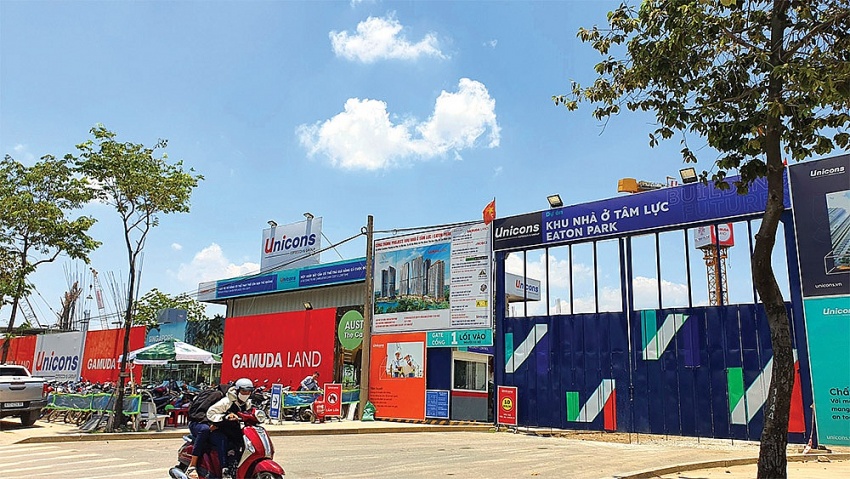 |
| A slew of upcoming developments are underway in various localitiesPhoto: Le Toan |
Bloomberg on May 9 published an analysis of the opportunities and potential of the Vietnamese real estate market. When the Asian commercial real estate market was mainly driven by China and Hong Kong with the explosive growth of the mainland economy, office buildings had impressive occupancy rates, the report said.
“However, the situation has changed. The economy of China is facing deflationary pressure and the unstoppable decline of the real estate market. This is the reason why investors gradually turn their attention to other potential markets in Asia, including India, South Korea, and Vietnam,” it said.
Bloomberg cited data showing that real estate rental prices in major Chinese cities could decrease by up to 6 per cent this year. Meanwhile, in Ho Chi Minh City, in the first quarter of 2024 prices increased by 6.6 per cent over the same period last year. This is partly a consequence of the China+1 business diversification strategy, it said.
Pham Thi Mien, deputy head of the Market Research and Consulting and Investment Promotion Department of the Vietnam Association of Real Estate Realtors (VARER), said that investment activities were being boosted by capital flows from Asian and Middle Eastern investors. In addition, many large investment funds are also actively approaching Vietnamese real estate businesses to seek cooperation opportunities.
“In addition to the industrial and residential real estate segments, in the first quarter, the office and commercial real estate segments have also begun to attract attention from investors,” Mien said.
Meanwhile, Sopon Pornchokchai, chairman of Thailand’s Real Estate Agents and Valuation Organisation, acknowledged that Vietnam’s real estate market was prominent in Southeast Asia.
“This advantage is compounded by the stability and impressive growth rate of the economy. In addition, a population of up to 100 million people and not yet facing a serious ageing period are plus points, showing that the potential customer portfolio is still considerable,” Pornchokchai said.
“Vietnam also boasts many large cities with room for development. This is in contrast to Thailand, where almost all key projects and works are concentrated only in Bangkok. Despite possessing many such advantages, Vietnam’s real estate prices have not yet reached their peak. This is an opportunity for investors who know how to seize the opportunity.”
According to German online platform Statista, Vietnam’s real estate market is worth $4.41 trillion in 2024 compared Thailand with $2.51 trillion.
Singaporean developer CapitaLand in March started construction of two large-scale developments, the Lumi in Hanoi and Sycamore in the southern province of Binh Duong. These two projects are CapitaLand in two largest housing projects in Vietnam, with a total of about 7,500 apartments and total value of $1.5 billion.
In February, Central Pattana Public Company from Thailand announced that its subsidiary, CPN Global Co., Ltd., had established a presence in Vietnam, engaging in real estate management to develop future projects on behalf of Central Pattana.
Mien from the VARER said that the housing segment was still an attractive choice for both domestic and foreign investors because of its attractive profit rate.
“If 15 years ago, foreign investment capital flows only focused on high-end housing with familiar names such as Keppel Land and CapitaLand, then now, the market has many new players joining the game such as Lotte Group, GS, Sumitomo, and many others,” Mien said.
In the past 35 years, there has been $66.4 billion of foreign capital poured into about 1,100 real estate projects in Vietnam. Singapore, South Korea, Japan, and Taiwan are the most active markets with long-term investment strategies in Vietnamese real estate.
| Antoine Danielli, CEO, Pierreval Vietnam
Vietnam offers dynamic and attractive real estate landscapes, especially in the urban areas of Ho Chi Minh City and Hanoi. Vietnam exhibits rapid urbanisation trends, with a significant portion of investment targeting residential property development due to higher returns compared to financial investments. This environment has fostered a strong appeal for PierreVal, though it’s also marked by deeply entrenched risks, particularly in the complex authorisation processes, which, paradoxically, allow for quick project launches due to minimal recourse options. PierreVal achieved a significant milestone in February with the acquisition of a first residential high-rise project with around 900 apartments located in Nha Be district of Ho Chi Minh City. The construction ecosystem in Vietnam mirrors some practices from France but is tailored to local regulations which are less stringent concerning acoustic, thermal, and accessibility standards. The real estate sector benefits from regulatory changes like the 2014 property law, boosting foreign investments. However, property ownership is critical in Vietnam, where about 90 per cent of families own their property, and despite the significant ownership rates, mortgage penetration remains relatively low, with most properties being purchased outright. Vietnam faces some challenges within the real estate market, including the need for large capital reserves and the high costs of land, particularly in comparison to France, yet allowing for higher construction densities. Significant investments are funnelled into acquiring land and securing permits, with a notable focus on areas outside major cities to capitalise on lower land prices and new infrastructure developments. This strategic shift aims to leverage the growing demand in less saturated markets. Bui Trang, country head Cushman & Wakefield Vietnam
Vietnam has been in the sights of a large amount of foreign capital. When the global economic context is changing, an emerging country like Vietnam has become a potential market to attract investment. In particular, attractive profit margins in a major market are an important factor in foreign investors’ decisions. An essential driving force creating new attractiveness for the real estate market in the coming time is the positive impact of the revised Land Law expected to take effect as soon as July. At the same time, important framework laws directly related to the market, the revised Housing Law and the revised Real Estate Business Law, expected to be taken effect this July to create legal uniformity for the field. On the other hand, in the context of stock fluctuations, gold prices continuously increasing, and savings interest rates at the low level, real estate is still a promising investment channel. For foreign investors alone, office rental and industrial real estate are the two segments that receive the most attention and are forecast to be very exciting. Goodwin Gaw, chairman and co-founder Gaw Capital Partners
US-China trade tensions could continue to be an issue for the next 10-15 years. We want to invest in countries that are the biggest beneficiaries of the China+1 strategy, like Vietnam and Mexico, because they welcome Chinese firms setting up production facilities. The biggest beneficiaries will be those who allow Chinese factories to open up and hire local labour to produce the same goods for foreign clients. We are one of the biggest global real estate private fund management firms, focusing on industrial real estate and logistics in Vietnam and Mexico, amid challenges to an economic recovery in mainland China. In Vietnam, via a joint venture named Gaw NP Capital, our investments span the entire spectrum of the real estate sector, including residential, commercial, retail, hospitality, industrial, and internet data centres. |
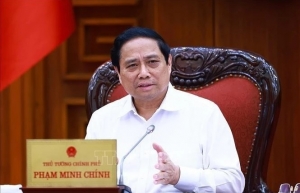 | PM emphasises need to diversify resources for social housing development Prime Minister Pham Minh Chinh has emphasised the need to diversify resources for social housing development, from the State, the public, society and financial institutions, in order to provide support for both sellers and buyers. |
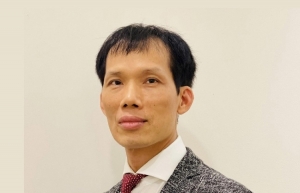 | Affordable housing is understood as commercial housing priced within the budget of majority of people. Affordable housing plays an important role in stabilising the community and social security, and brings many economic benefits. Doan Van Binh, vice chairman of the Vietnam Real Estate Association, highlights some of the ways Vietnam can develop affordable housing in the near future. |
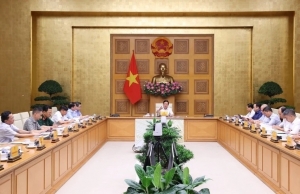 | Deputy PM demands minimising procedures for social housing projects The Ministry of Construction (MoC) has been demanded to coordinate with other ministries and sectors to minimise processes and procedures for implementing social housing projects. |
What the stars mean:
★ Poor ★ ★ Promising ★★★ Good ★★★★ Very good ★★★★★ Exceptional
Related Contents
Latest News
More News
- Saigon Centre gains LEED platinum and gold certifications (February 12, 2026 | 16:37)
- Construction firms poised for growth on public investment and capital market support (February 11, 2026 | 11:38)
- Mitsubishi acquires Thuan An 1 residential development from PDR (February 09, 2026 | 08:00)
- Frasers Property and GELEX Infrastructure propose new joint venture (February 07, 2026 | 15:00)
- Sun Group led consortium selected as investor for new urban area (February 06, 2026 | 15:20)
- Vietnam breaks into Top 10 countries and regions for LEED outside the US (February 05, 2026 | 17:56)
- Fairmont opens first Vietnam property in Hanoi (February 04, 2026 | 16:09)
- Real estate investment trusts pivotal for long-term success (February 02, 2026 | 11:09)
- Dong Nai experiences shifting expectations and new industrial cycle (January 28, 2026 | 09:00)
- An Phat 5 Industrial Park targets ESG-driven investors in Hai Phong (January 26, 2026 | 08:30)

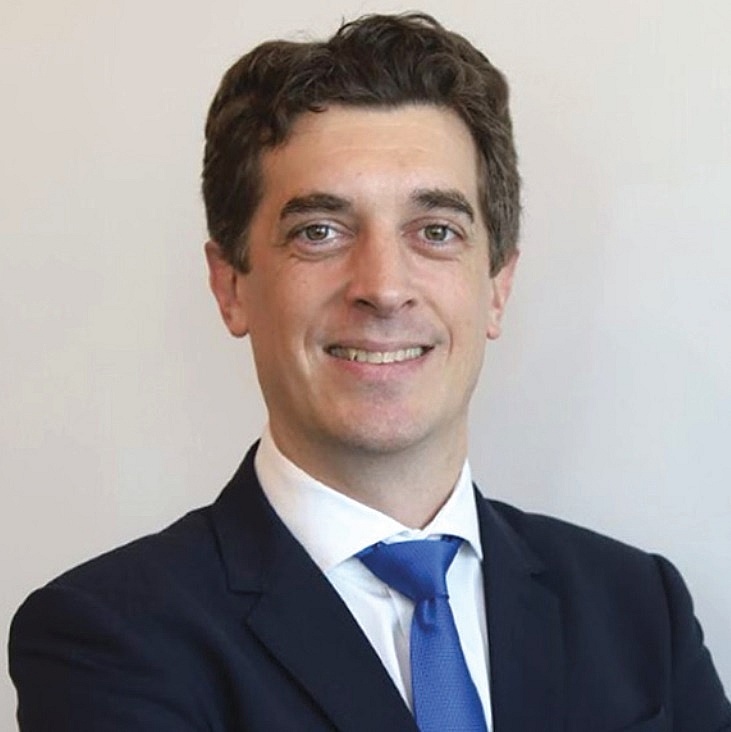

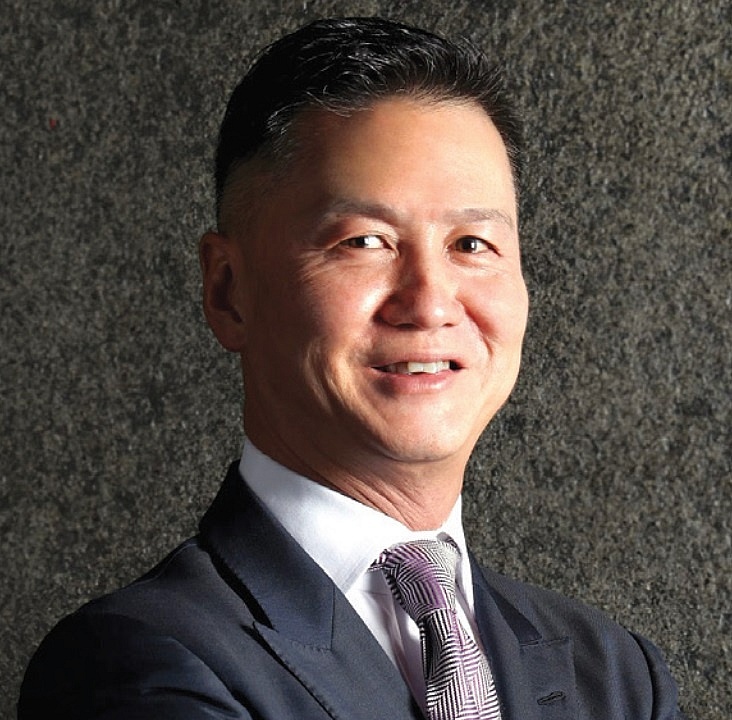
 Tag:
Tag:




















 Mobile Version
Mobile Version